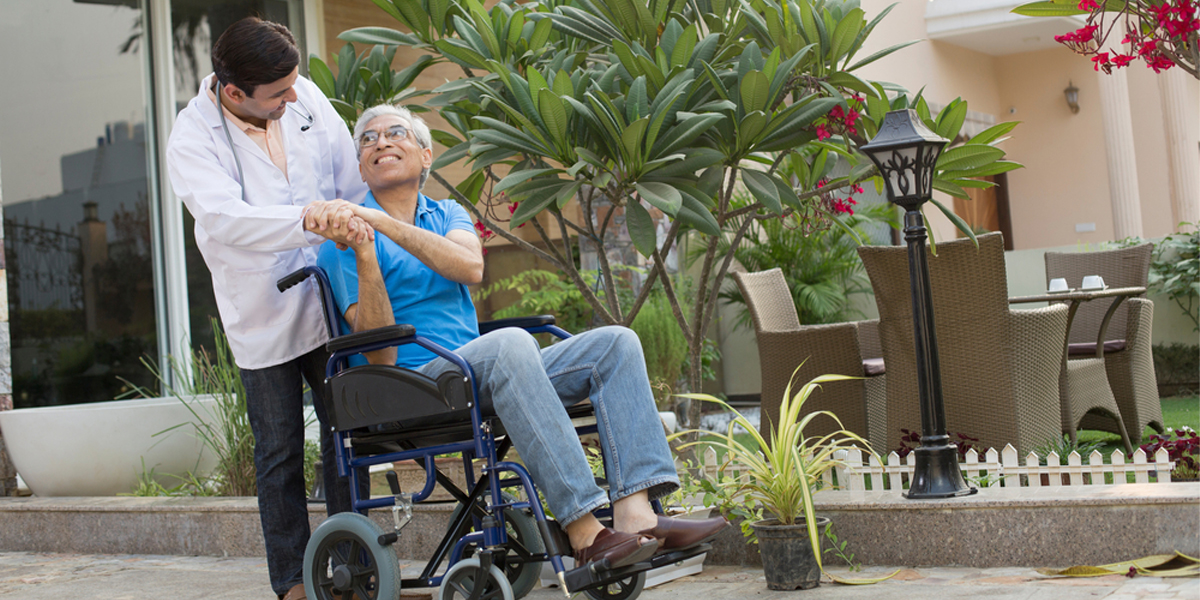Recognizing Depression in Dementia Patients: A Comprehensive Approach at Athulya Senior Care
Depression is common in dementia patients, making its detection crucial in the management and care of these individuals. The presence of depression can exacerbate cognitive impairment, decrease the quality of life, and complicate the care process (Vijayakumar, & Dementia, 2015). Recognizing depression in dementia patients is, however, challenging due to overlapping symptoms. This article outlines how to detect depression in dementia patients, with particular attention to the procedures at Athulya Senior Care.
Depression and Dementia: Shared and Unique Symptoms
Depression and dementia share several symptoms, including apathy, impaired concentration, and disrupted sleep patterns. However, some signs are unique to depression, even in the context of dementia. These include persistent sadness, feelings of worthlessness, and suicidal ideation. Additionally, depression often occurs episodically, with symptoms being more intense during depressive episodes, while cognitive impairment in dementia is typically constant or progressively worsening (Gutzmann & Qazi, 2015).
Detecting Depression in Dementia Patients at Athulya Senior Care
Athulya Senior Care, a leading provider of specialized elderly healthcare services in India, has developed a comprehensive approach to detecting depression in dementia patients. Their approach combines standardized depression assessments with individualized patient monitoring and caregiver feedback.
Athulya uses validated screening tools like the Geriatric Depression Scale (GDS) and the Cornell Scale for Depression in Dementia (CSDD) to identify potential depressive symptoms in dementia patients. These tools allow for a systematic assessment of emotional distress, lack of interest in activities, feelings of hopelessness, and other depression-related symptoms (Alexopoulos et al., 1988).
Beyond these clinical tools, Athulya emphasizes the importance of individualized patient monitoring. Caregivers are trained to notice changes in behavior, mood, appetite, and sleep patterns, all of which can signal underlying depression. Particular attention is given to sudden changes in demeanor, increased agitation, or the emergence of unexplained physical complaints.
Family and friends' feedback is also a valuable resource in Athulya's approach. They are encouraged to share any changes they've noticed, as they may be able to provide insights into shifts in the patient's behavior or mood that may be less noticeable in the clinical setting.
Detecting depression in dementia patients is a complex but critical component of providing comprehensive dementia care. Athulya Senior Care exemplifies a multi-faceted approach, incorporating standardized assessments, individualized patient monitoring, and collaboration with family and friends. Through these practices, Athulya ensures that depression in dementia patients is recognized and addressed, supporting the emotional well-being of its residents and enhancing the quality of dementia care.
Contact Athulya Senior Care
If you or a loved one are seeking a Assisted Living that prioritizes senior health and wellness, contact Athulya Senior Care today. Our holistic approach to senior wellbeing ensures older adults receive the support, resources, and opportunities they need to thrive in their golden years.
Reference
Alexopoulos, G.S., Abrams, R.C., Young, R.C., & Shamoian, C.A. (1988). Cornell Scale for Depression in Dementia. Biological Psychiatry, 23(3), 271-284.
Gutzmann, H., & Qazi, A. (2015). Depression associated with dementia. Z Gerontol Geriatr, 48(4), 305-311.
Vijayakumar, D., & Dementia, A. (2015). Depression and Dementia: Comorbidity and Sociodemographic Factors. Indian J Psychiatry, 57(4), 343-346.




Comments
Post a Comment